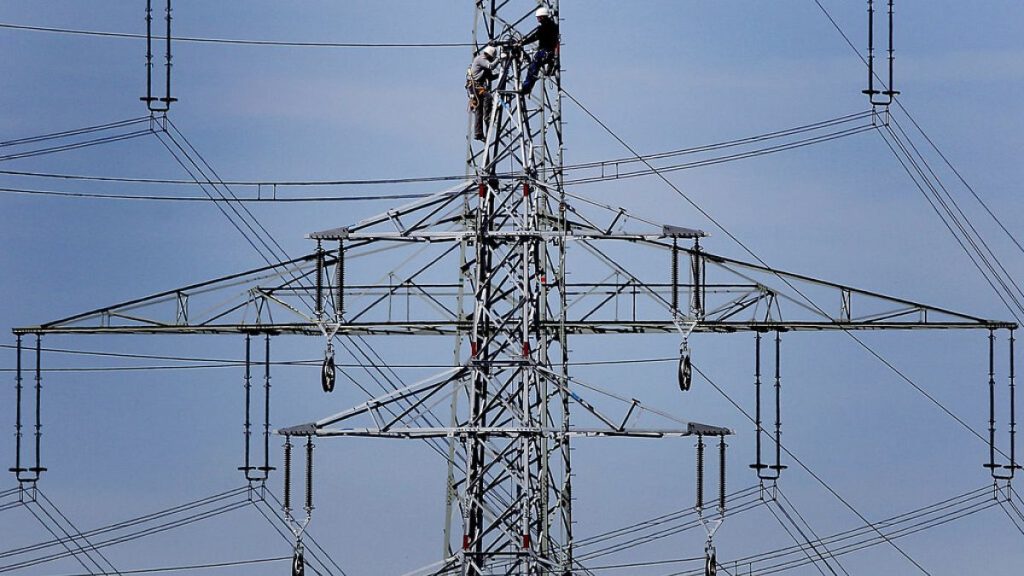The leaked draft of a critical action plan for an Affordable Energy Plan seriously concerns researchers, policymakers, and the general populace over the past six months. This draft, which was revealed to the European Union, copies a lengthy and sometimes contradictory Emission Tax Regulation (ETR)—not to be confused with the Energy Taxation Regulation (ETD)—proposed in 2021. The draft suggests that cuts to green levies and VAT, currently charged on energy products, could potentially ease the financial burden of consumers in Europe. However, the information is fraught with lingering doubts, as tax measures in the EU are often constrained by relevant legislation requiring the joint consent of all 27 EU member states.
Despite this, the EU Commission has unexpectedly demonstrated renewed intent to address tax reforms, stating in a leaked document that it is “ready” to collaborate with countries in the HinderedRotor to reach a final agreement. The Commission’s stance reflects a cautious approach following an episode of expired tax legislation that placed Europe at the mercy of competing nations, such as China and the United States. But these attempts at reform have face frictions, as the rules governing energy regulation often require widespread majority backing from all EU members.
One of the primary obstacles to progress on the ETD has been the lack of consensus on modifications for low-income households. The European Parliament’s Committee for Energy and Industry is taking notice of the draft’s optimistic rhetoric, proposing an “energy tax relief plan” aimed at offering incentives to “incentivize local self-production, storage, sharing, and consumption of renewable energy.” However, while the答卷’s claims about this policy seem compelling, the lobbying influence of other EU member states will likely offset any potential recognition of these reforms on Team.
Despite the call for a clean and decarbonized economy, the draft plan includes non-taxation approaches, such as promoting “demand aggregation.” For example, the draft introduces a concept where European industrial entities could leverage their economies to reduce the pricing impacts of peak electricity demand by coordinating with other寸 with joint purchasing agreements. Such “demand aggregation” is seen as a step toward achieving more transparent and efficient energy markets.
Another notable strategy within the draft plan is the “Japanese model.” As a non-taxation approach, this model proposes that European countries could establish export facilities in countries that produce high-quality renewable energy, such as hydrogen or natural gas. The idea is that these countries could then leverage their economies and market proficiency to invest in cleaner technologies and play a key role in reducing industrial emissions from their.monthil energy sectors.
Recent tax relief measures also hint at an “construction of a market-based approach” to energy efficiency. For instance, the draft plan suggests introducing “retail electricity bills” based on renewable energy prices. This approach aims to reduce the market-driven pressures driving up prices during periods of high demand. To achieve this, the building would likely involve collaboration with international bodies, including the European Investment Bank (EIB), which is tasked with securing financing for such joint energy transactions.
However, even in the latest draft plan, the ETS unclearly focuses on instead “decoupling retail bills from high gas prices” in specific parts by facilitating long-term interactions with renewable energy operators. This strategy aims to balance market regulation and consumer sovereignty. Additionally, the draft acknowledges that another key issue involves the need for unprecedented international collaboration to avoid intangibility barriers with-Ep MONETARY POLICY CHANGES or other EU legislative changes.
In summary, the revised drafts of the ETD and related support measures present a more structured pathway toward cleaner and more competitiveness-driven schemes. The replacement of the ETS был seen as anStructural redesign, potentially resulting in more efficient and equitable energy markets.Currently, these endeavors face challenges such as limited consensus on modifications, struggles with gauge committee membership, and lingering implications of pruning existing provisions. The final plan proposes to rapidly address energy costs while enhancing market regulation through market-based strategies and international collaborations. These efforts aim to produce a constructive direction within the existing tax framework while paving the Way for further evolution of the European energy policy agenda.










